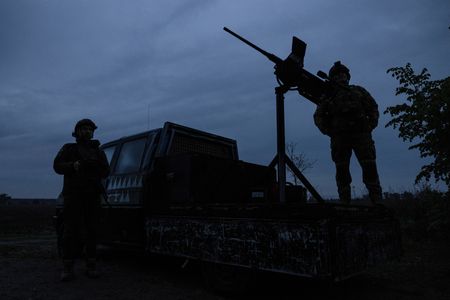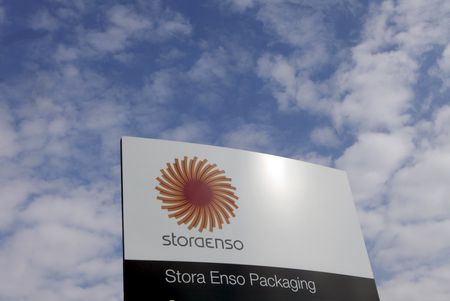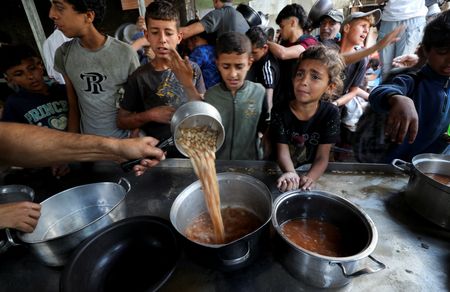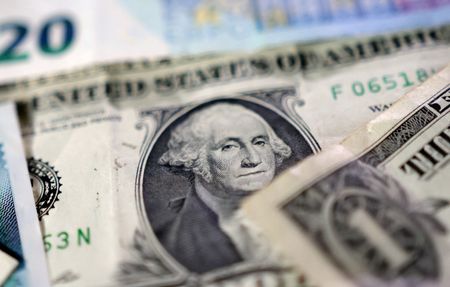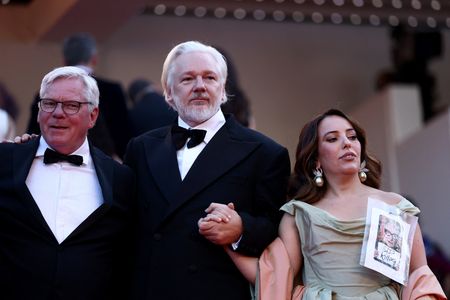By Joshua McElwee
VATICAN CITY (Reuters) -Pope Leo XIV may have offered to host Russia-Ukraine peace talks at the Vatican, but neither the pope nor senior Vatican officials have spoken publicly about the possibility, leaving prospects for such talks uncertain.
The Vatican has made no public statement on the issue since U.S. President Donald Trump first suggested the idea of Vatican-hosted talks to end the three-year conflict after a phone call with Russian President Vladimir Putin on Monday.
Italian Prime Minister Giorgia Meloni said on Tuesday that Leo had confirmed his willingness to host talks during a phone call that day, but the Vatican press office declined to comment on the call or give information about what the pope had said.
Leo, elected to replace the late Pope Francis on May 8, held his first weekly audience on St. Peter’s Square on Wednesday. He made a firm appeal for humanitarian assistance in Gaza but made no mention of Ukraine.
Massimo Faggioli, an Italian academic who follows the Vatican closely, suggested the Vatican is wary of allowing a time of transition from one pope to the next of becoming politicised.
“It’s interesting to note that with a papal transition still in progress … different heads of government, Italy included, are trying to pressure the Vatican to become involved in peace talks that have gone nowhere in the last three years,” said Faggioli, a professor at Villanova University in Pennsylvania.
Vatican officials were reticent to offer any insight into how they were considering possible Russia-Ukraine negotiations.
One official, speaking anonymously without authorisation, said the Vatican has a general policy of being open to hosting negotiations to end any global conflict, but is careful about seeming too eager to step forward, so as not to be considered biased toward one of the belligerents.
VATICAN OFTEN OPERATES BEHIND THE SCENES
Leo said the Vatican could act as a mediator in global conflicts in a May 14 speech, without specifically mentioning Ukraine or Russia.
Two days later, the Vatican’s top diplomatic official said the pope had highlighted the Vatican’s “availability” to host talks, including between Russia and Ukraine.
“We have always said, we have always repeated to the two parties – we are available, if you want to meet, the Holy See, the Vatican could be a good place, with all the necessary discretion,” said Cardinal Pietro Parolin, the Vatican’s Secretary of State.
The Vatican, which maintains embassies in many world capitals, often plays a role as a mediator in conflicts, but usually prefers to avoid press coverage and operates behind the scenes.
It does, however, sometimes host more direct negotiations. In 2019, Francis invited rival leaders in South Sudan to the Vatican for a summit to push for an end to a civil war that killed hundreds of thousands of people.
The 24-hour summit was focused on allowing the two leaders, both Christians, to take a spiritual retreat together. At the end of the gathering, Francis made a dramatic gesture, kneeling to kiss the feet of the two leaders and pleading with them not to return to war.
(Reporting by Joshua McElweeEditing by Ros Russell)

